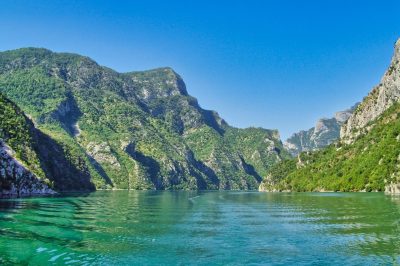County brief | |
|---|---|
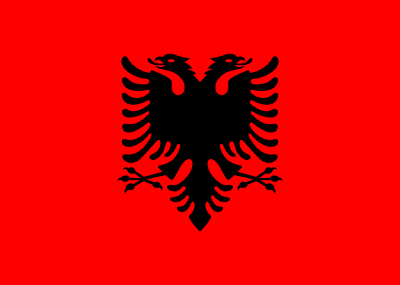 | |
Population |
2,8 Mio. |
Area |
28.000 km² |
Form of goverment |
Republic |
Currency |
Lek |
Capital |
Tirana |
Official languages |
Albanian |
Religions |
Muslim, Roman Catholic, Albanian Orthodox |
Country code |
+355 |
National Holiday |
November 28 (Independence and Flag Day) |
Not even 3 million inhabitants count Albania and thus less than Berlin. Its area is not even equal to that of the state of Massachusetts. There are, however, many reasons enough to visit the emerging country. Albania offers both hikers and bathing fans almost ideal conditions.
While the north of the country is characterized by the so-called Albanian Alps and is still quite traditional, life pulsates on the long-drawn Adriatic coast. Cities like Vlora, Saranda and Durrës have a wealth of sights and several dream beaches. Culture enthusiasts will also enjoy the capital Tirana, where an exciting mix of mosques, communist representative buildings and museums awaits visitors.
You can find plenty of culture in the region, which has been populated for thousands of years, but not only around the capital, but actually everywhere. Roman theaters, ancient ruined cities and mysterious temples can be found here, as well as medieval frescoes, cemeteries and mountain villages, where time seems to have stopped.
When Albania was still ruled by the communists, the country was considered isolated and ruled with a heavy hand, even by the standards of the time. That has changed in recent years. The former poorhouse of Europe has become a country that has dared to take the leap into modernity. And even if the tourist infrastructure is not yet perfect everywhere, Albania presents itself today progressive and cosmopolitan.
Reasons enough therefore to pay Albania a visit. On the following pages you will learn everything about the most beautiful regions of Albania, get practical tips and can browse through many background reports.
.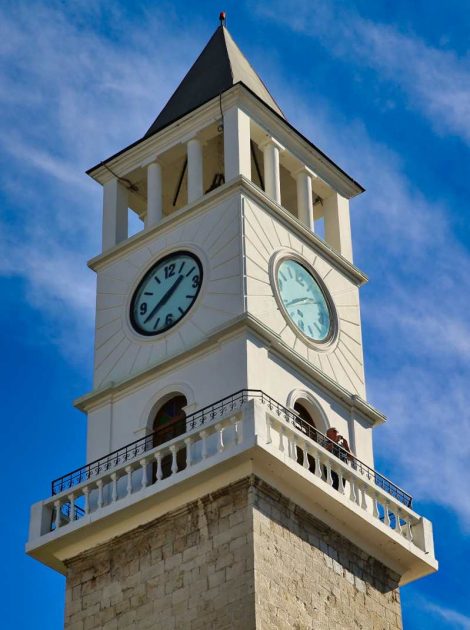
Over 400,000 people live in the capital alone and as many more in the metropolitan region, making Tirana not only the administrative but also the economic center of the country. Picturesquely situated against the backdrop of the Dajti Mountain, you will find an exciting National Museum, the magnificent Skanderbeu Square, old clock towers and mosques. A special feature is the center of the Bektashi, a dervish order. Pure relaxation is promised by the so-called Great Park in the south of the city with its peaceful forest and lake landscape.
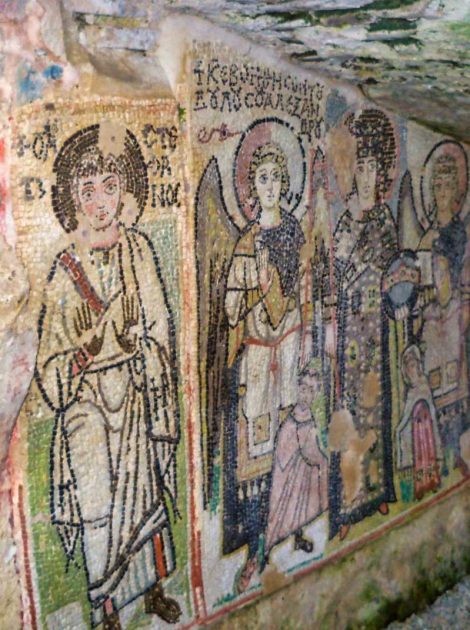
Only 30 km separate the capital Tirana from Durrës, the largest city on Albania’s northern Adriatic coast. Albania’s most important port city is also the country’s second largest municipality. But Durrës is also important for tourism, with its fine sandy beaches and ancient amphitheater. Even more relics from the past worth seeing are the fortress of Bashtovë and the ruined city of Apollonia on the border with the southern Adriatic coast
.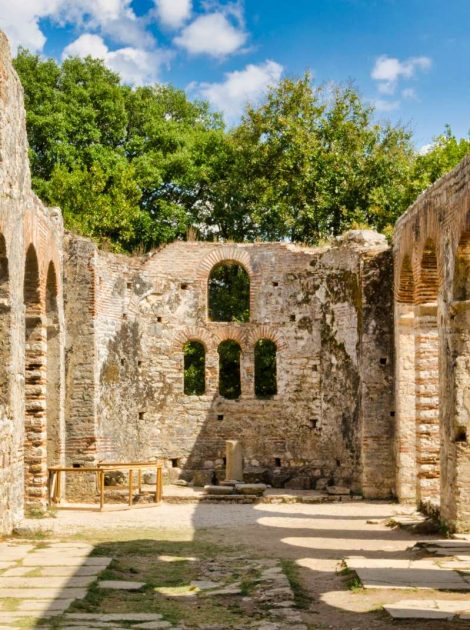
The south of the country is characterized mainly by its beaches and relatively dense development. Especially Vlora and Saranda are ideal to experience a relaxing beach vacation. Beautiful is also the bay of Ksamil at the southernmost tip of the country with its islands. Not far from here are the ruins of ancient Butrint, which have been declared a UNESCO World Heritage Site.
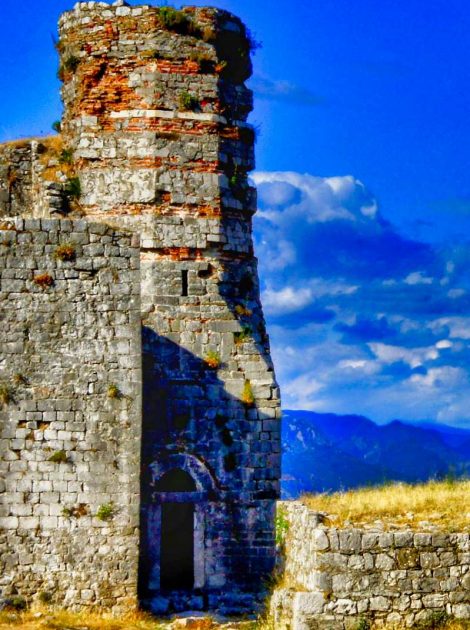
The border area with Montenegro and Kosovo is characterized by its mountainous landscape, the Northern Albanian Alps. Most of the region’s inhabitants are Albanians who, unlike Tuscan, speak Gegish, a dialect of their own. Some interesting customs have been preserved in the often remote villages, which are quite different from life in the coastal cities. The area is ideal especially for hikers. Lake Scutari, which forms the natural border with Montenegro, is also beautiful. The region is also the home of Shkodra, the largest city in the north and an important cultural center of the country.

The east of Albania is relatively rarely visited by tourists. Yet there is much to see here! Korça on the Greek border, for example, is often called the “cradle of Albanian culture”. The beautiful city is characterized by French and Ottoman influences, markets and parks and thus has a noticeably different character than other Albanian cities. Relaxation is promised by three large lakes. Lake Ohrid and Lake Prespa surround the Galicica National Park and mark the natural border with northern Macedonia, while Lake Small Prespa in the national park of the same name makes up the Greek border. No wonder, then, that the region is marked by many cultural influences.
To prepare your trip even better, we have created a packing list for you. It contains recommendations for things that will make your trip more comfortable and secure.
Finding cheap flights with good connections is not always easy. We are pros at finding the cheapest and best flights. Here we share our experiences with you.
Money withdrawel can be extremely expensive. Especially those who pay a lot with foreign currencies should therefore have a travel credit card, which is free of charge or offers low fees. We tested the best.
